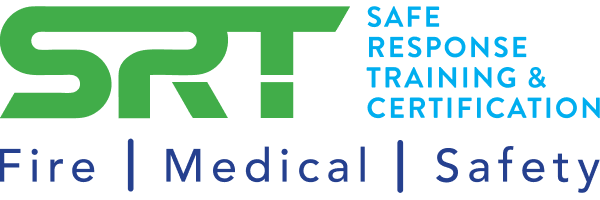The Cardiac First Response - Community Level Providers Course is designed to provide the ability
to recognize several life-threatening emergencies, provide Cardiopulmonary Resuscitation - CPR,
use an Automated External Defibrillator - AED, and relieve choking in a safe, timely and effective manner.
A Pre-Hospital Emergency Care Council (PHECC) Cardiac First Responder plays a vital role in keeping
a person alive until they can receive expert clinical care.
The course takes approximately 4 hours to complete.
A Cardiac First Responder may be part of the Emergency Medical Services, a Healthcare Practitioner or a member of the public who has completed the PHECC recognised course.
Course Content:
-
Patient Assessment
-
Adult CPR
-
Child CPR
-
Infant CPR
-
Use of Face Mask Barrier Devices
-
Automated External Defibrillator - AED
-
Recovery (safe airway) Position
-
Adult Choking - Conscious and Unconscious
-
Child Choking - Conscious and Unconscious
-
Infant Choking - Conscious and Unconscious
-
Airway Obstruction Adult, Child and Infant
-
Aspirin Administration for Heart Attack
-
Stroke
-
Skills Group Practice
Features:
-
Video based course ensures consistency
-
Instructor led, hands on class format reinforces skills proficiency
- In the classroom, students participate in simulated scenarios.
- Students work with an Pre- Hospital Emergency Care Council Instructor to complete skills practice.
Course Format:
The course requires approximately 4 hours to complete, including skills practice.
There is a skills assessment with this course and full participation is required to receive certification.
Cardiac First Response Community Pre-Hospital Emergency Care Council Course Completion Certificate is valid for two years. Participants will receive a PHECC certificate and card.
Assessment:
-
Practical Assessment - Skills assessment using PHECC's CFR Community assessment sheet.
